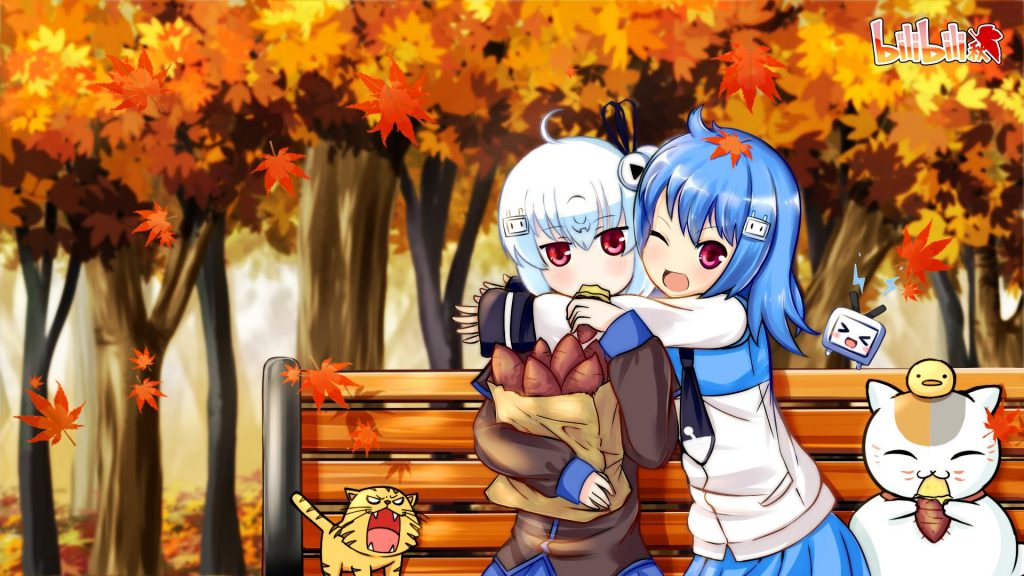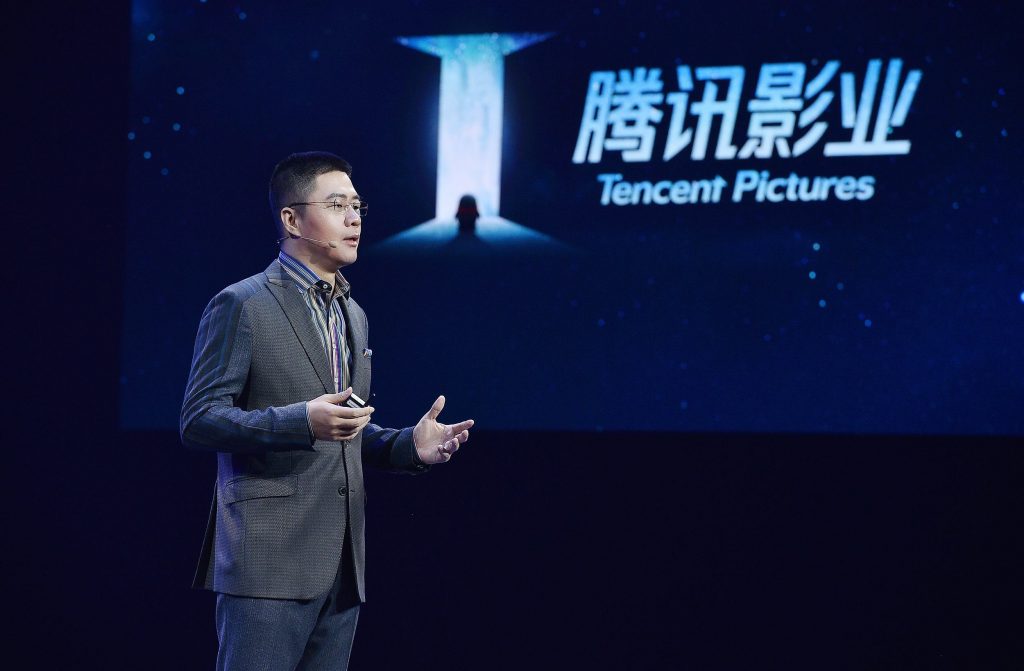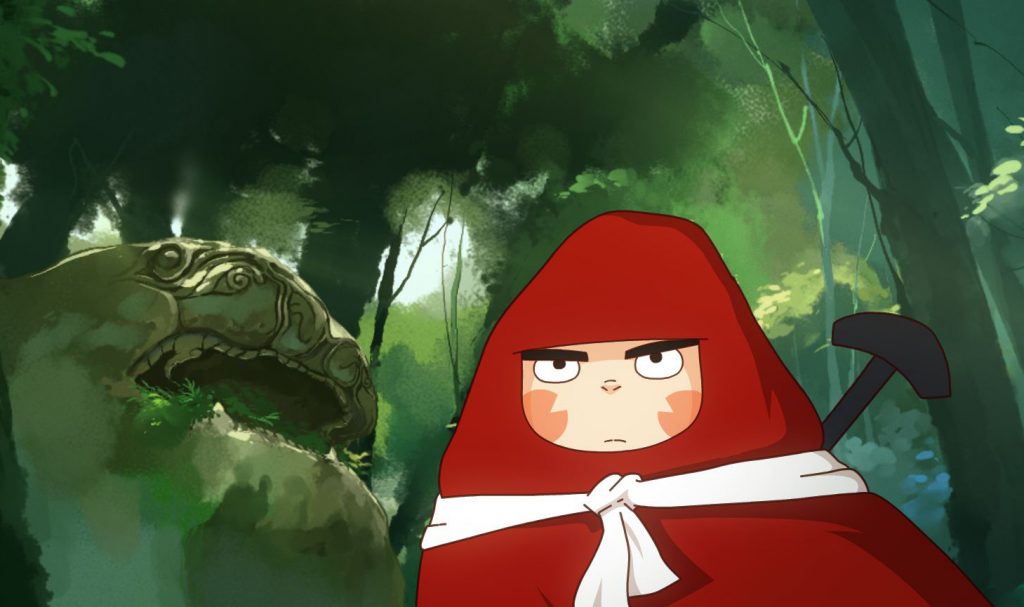It is notable how much of the emerging content is using animation to tell stories with adult themes. It’s a new development in a country where until now, animation has been firmly seen as a children’s medium.
China’s tightly censored national television networks have generally offered an inhospitable environment for envelope-pushing content. However, people in China, particularly those under 40, are increasingly abandoning television in favor of online streaming platforms, viewed via smartphones, laptops or Android TV Boxes. These platforms have been subject to fewer restrictions and by offering totally flexible viewing schedules, free to provide new and diverse programming catering to all demographics and tastes.
The pack is led by iQiyi (owned by Baidu), which boasts more than 421 million monthly users and earlier this year launched a $2.4 billion U.S. IPO. Alibaba’s Youku Tudou, which like YouTube has in recent years added original programming to user generated content, has more than 500 million monthly active users, while Tencent Video has an average of more than 137 million daily active users. Bilibili targets a younger demographic, with content focused around ACG (animation-comic-game), and makes most of its revenue from mobile games. In the fourth quarter of 2017, the platform had 71.8 active monthly subscribers.
It is notable how much of the emerging content is using animation to tell stories with adult themes. It’s a new development in a country where until now, animation has been firmly seen as a children’s medium.
Below is a rundown of four of the key animated titles in this emerging genre:
1.Awakening
This post-apocalyptic zombie effort is a contemporary story reflecting China’s recent tech boom, and inspired by the surge in demand for homegrown sci-fi content. The show offers a unique take on the evergreen undead genre, tapping into contemporary real-world fears about the catastrophic potential of Artificial Intelligence developing beyond the control of its human creators. The show is the first product of Tencent Penguin Pictures’ so-called “100-Show Plan”, an extensive animation development slate, announced last July. With a fast-paced narrative and a distinct 3D game type aesthetic, the show has topped an impressive 580 million views roughly halfway through this first 26-episode season.
Awakening is not the first zombie animation to hit the headlines in China. In 2011, Qi Du Yu’s online comic Zombie Brother appeared on Tencent Comic. The IP has since amassed 17 billion views, been adapted into an 80-episode animated series, mobile game and stage play, and is currently being developed in to a major Hollywood feature film by Tencent Pictures and Hollywood’s STX Entertainment and Free Association.
2.To Be Hero
This China-Japan co-production is an anime-like comedy about a handsome, single dad who is one day sucked into toilet and transformed into a bald, fat, middle-aged man, endowed with super powers and charged with saving the world. The show has won widespread critical acclaim, particularly in Japan, where it won the 7th Tokyo Anime Award and was nominated for best original anime in the Japan Expo. Produced by Shanghai-based Haoliners Animation Studio, the studio that co-produced and co-directed Your Name sequel Shikioriori, the hand-drawn To Be Hero is one of the better designed animated shows out there today. It first came out on Bilibili in 2016, but was immediately pulled off-air by the authorities. Without time to really know the original version, we can’t be sure what was removed. The only definite change was the Chinese title, changing from 2B Hero (2B, or “erbi”, is coarse slang for “idiot”), to something completely neutral. The second season is currently airing on Bilibili.
3.100,000 Bad Jokes
Coarse language, sexual innuendo and iconic characters appropriated from Chinese and Western culture abound in this IP 100,000 Bad Jokes which first appeared on comic platform U17.com in 2012 followed by 43 animated webisodes and two successful movies, which reaped RMB 120m (USD$17.6m) and RMB 133m (USD$19.5m) respectively. Once the undisputed leader in online comics, U17 was acquired by conglomerate Alpha Group in 2015 with a view to taking more IP to the big time. However, the platform has been in steady decline since, falling behind Tencent Comic, KuaiKan, and New Comics in the rankings and the last members of original founding team leaving the company in 2017.
4.Chinese Thriller
Xiaoer Wang is both the last surviving Chinese wizard of a Daoist sect and a lecherous punk making his way through a filthy underworld of loose women, low-level corrupt officials and assorted ghouls. Each episode of Chinese Thriller is an assault of gratuitous violence and near-pornographic misadventures, perhaps explaining why the show has been such a sensation since it first emerged exclusively on Tencent Comic. In 2015 the comic became the most viewed Chinese content on the platform and has amassed over 16 billion views since. The subsequent 63 animated episodes have consistently sat atop the Tencent Video rankings, giving rise to a well-reviewed movie version. Amazingly, the show has (so far) evaded censorship.
A Golden Age Of Adult Animation?
Does the rise of adult-oriented content signal a new era of avant-garde animation in China? Probably not. Among the hits, there are countless other shows that have disappeared as quickly as they arrived. In truth, most are low budget efforts quickly hashed out with less than stellar production values and confusing storytelling. Most importantly, the authorities are beginning to tighten the relatively long leash that has been afforded to the digital platforms to date. A raft of shows, like Youku’s MengFei Comes Across and Guardian, have been pulled completely, leading platforms to preemptively self-censor. In August, Tencent re-edited every episode of Awakening, removing all zombie scenes and completely refocusing the concept, from a story of human survival in a walking dead wasteland, to a Terminator-esque, humans- versus-Artificial Intelligence battle.
It has long been feared that increasing government regulation will also restrict the number of foreign titles allowed to appear on the digital platforms. The major Chinese players have been on a shopping spree for western content in recent years, including a deal last year between Netflix and iQiyi to bring hours of Netflix content on to the Chinese platform. The best opportunity for outsiders then, may be as creative partners to the less parochial projects, like Awakening, that are looking to expand internationally in search of a more open creative environment and in search of global creative expertise to help them bridge that formidable gap.









